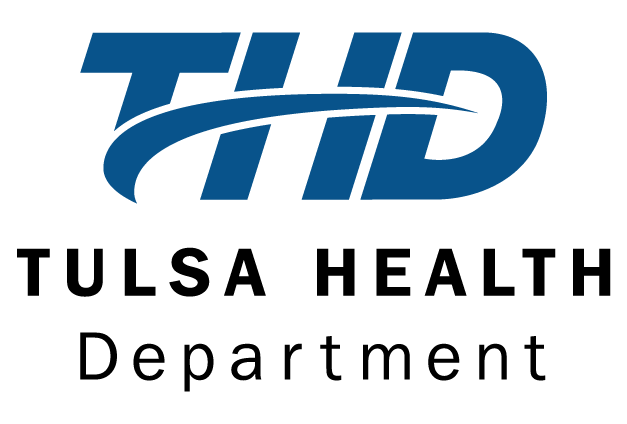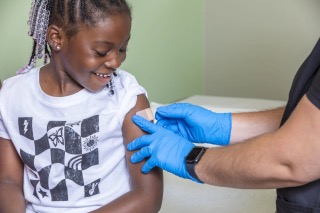According to the CDC, liver health is vital to our body’s ability to process nutrients, filter blood, and fight infections. Our livers can become damaged or inflamed due to substance use, some medications, and medical conditions. The month of May has been designated as Hepatitis Awareness Month to raise awareness of viral hepatitis such as hepatitis B and C that can significantly impact the health of the liver.
Transmission Routes
Hepatitis A, B, & C are the most common types and have high rates of infection, specifically in Oklahoma. Hep A can be transmitted through the fecal-oral route and through close contact with an infected person. Hep B is primarily transferred at birth from an infected mother, sexual contact with an infected person, or through needle-sharing. Hep C is primarily transferred through sharing contaminated needles or syringes.
Prevention Methods
The good news is Hep A & B are both preventable through vaccinations. All pregnant women should get tested for Hep B, and newborns will receive testing and then vaccination upon a negative test result. Hep C, however, has no vaccine but has a very high cure rate. For all forms of Hepatitis, make sure to wear protection when having sex, use caution with syringes and needles, and be aware of intimate contact with those infected.
Resources in Tulsa County
HOPE Testing offers complementary testing in Tulsa for Hepatitis C, and through Tulsa CARES, individuals can receive treatment at little to no cost. THD also has a Hepatitis Resources page that can be used to find relevant information.
Epidemiologist Highlight: Jessica Rice, Epidemiology Manager
Hepatitis C in particular has impacted the health of my family in multiple instances and has been a driving factor for me to pursue public health. My grandfather was exposed to the hepatitis C virus after receiving a blood transfusion during open heart surgery in his early 40s. Before 1992, the nation’s blood supply was not tested for hepatitis C. It wasn’t until my grandfather was in his early 60s that he was tested and began treatment. Unfortunately, he would pass from a heart attack before completing his treatment. In addition, my aunt was exposed to the hepatitis C virus through IV drug use and was able to successfully get tested and receive treatment. The accessibility to testing, treatment, and support of viral hepatitis is essential to improving the health of Tulsa County. I encourage residents to know their status and take action to prevent the spread of illness through vaccination and harm reduction practices.




